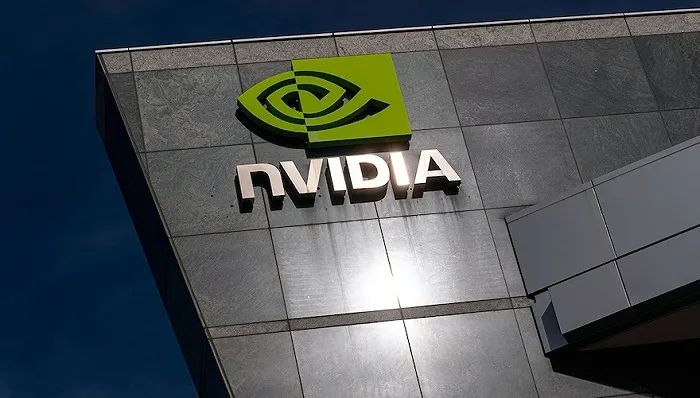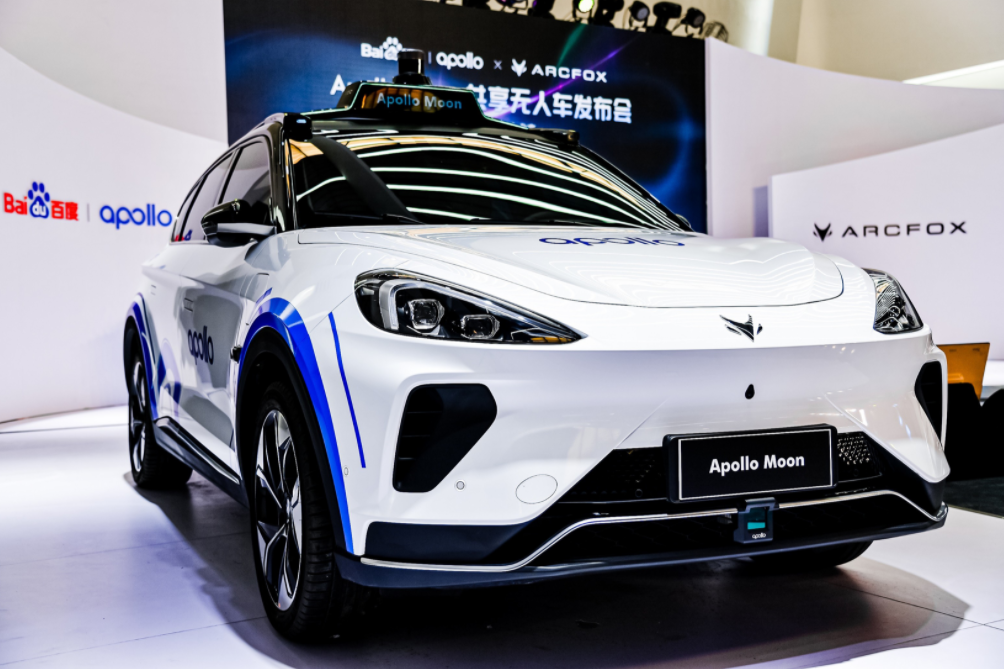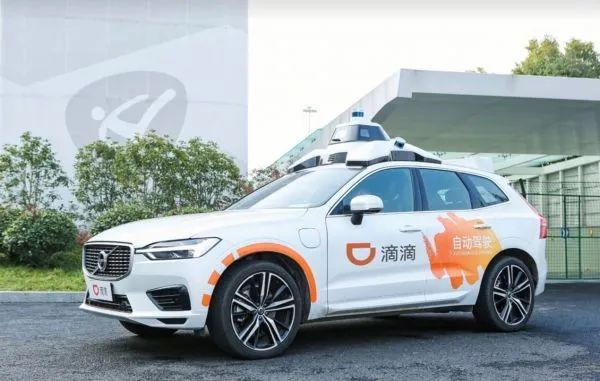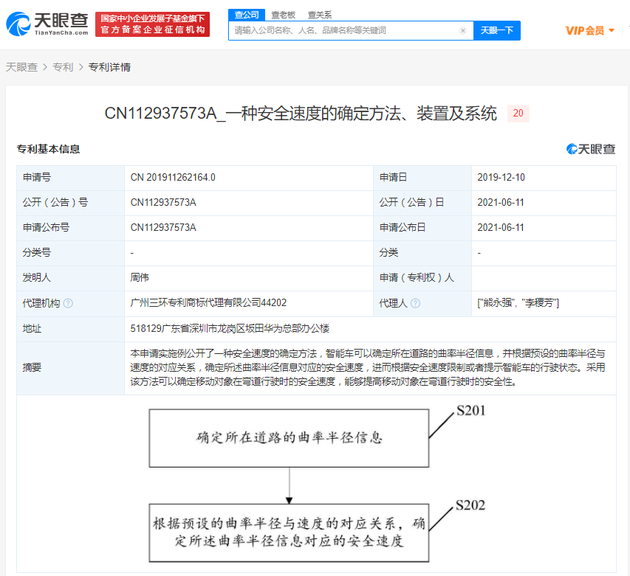Introduction
Weekly newsletter on smart driving technology, Week 18.
NVIDIA to acquire DeepMap to strengthen R&D capabilities of high-precision maps for autonomous driving

NVIDIA is acquiring DeepMap, a start-up company dedicated to building high-definition maps for self-driving cars. Currently, maps accurate to within a few meters are sufficient for providing turning instructions for navigation. However, autonomous vehicles require higher precision. They must operate with sub-centimetre accuracy to achieve accurate positioning – that is, the self-positioning ability of autonomous vehicles worldwide. Correctly locating maps is not a one-time job, and they also require constantly updated maps. These maps must also reflect the current state of the road, such as temporary construction areas or lane closures. These maps need to be effectively extended to the entire fleet of autonomous vehicles and have fast processing and minimal data storage space consumption. Finally, they must be operable worldwide.
Baidu and ARCFOX release Apollo Moon, a shared autonomous vehicle

On June 17th, Baidu Apollo and ARCFOX jointly released the new generation of mass-produced shared autonomous vehicle Apollo Moon. The two parties expect to land 1,000 shared autonomous vehicles in the next three years. It is understood that Apollo Moon is based on the ARCFOX Alpha T, using the ANP-Robotaxi architecture, with a lightweight design featuring a customized lidar from Velodyne, 13 cameras, and 5 millimetre-wave radars, and a vehicle cost of 480,000 Yuan. This is one-third of the average cost of L4 level mass-produced autonomous driving models. Compared with the previous four generations of Baidu Apollo, the vehicle’s operational cycle has also been increased to more than five years, resulting in a significant improvement.
Safety rating standards for roads are approved and developed by Didi Autonomous Driving
 The China Intelligent Transportation Industry Alliance recently announced the list of the third batch of group standard projects this year. The group standard project “Automatic Driving Road Safety Level Grading Method” was led by Didi Autonomous Driving, with the participation of Tongji University, Baidu, and others, has been approved. The open information shows that this standard will standardize the regulations, assessment methods, assessment processes, and grading criteria for the road safety level assessment of automatic driving open city roads and highways. The formulation of this standard will further improve the basis for automatic driving road grading and safety risk control, provide key support for autonomous driving companies to select safe operation ranges and scale the application of autonomous manned driving, and accelerate the commercialization of advanced level autonomous driving technology. This is the second autonomous driving group standard approved by Didi Autonomous Driving. In August last year, the “Group Standard for Autonomous Driving Taxi Operation Specifications and Safety Management Requirements” led by Didi Autonomous Driving was officially approved, and public opinions collection has been completed at present.
The China Intelligent Transportation Industry Alliance recently announced the list of the third batch of group standard projects this year. The group standard project “Automatic Driving Road Safety Level Grading Method” was led by Didi Autonomous Driving, with the participation of Tongji University, Baidu, and others, has been approved. The open information shows that this standard will standardize the regulations, assessment methods, assessment processes, and grading criteria for the road safety level assessment of automatic driving open city roads and highways. The formulation of this standard will further improve the basis for automatic driving road grading and safety risk control, provide key support for autonomous driving companies to select safe operation ranges and scale the application of autonomous manned driving, and accelerate the commercialization of advanced level autonomous driving technology. This is the second autonomous driving group standard approved by Didi Autonomous Driving. In August last year, the “Group Standard for Autonomous Driving Taxi Operation Specifications and Safety Management Requirements” led by Didi Autonomous Driving was officially approved, and public opinions collection has been completed at present.
On June 16th, General Motors officially announced that the General Motors Financial will provide a multibillion-dollar long-term credit line of $5 billion to Cruise to support the operation and expansion of Cruise Origin’s autonomous driving vehicle fleet. It is reported that last month, the first batch of about 100 pre-production vehicles of Cruise Origin’s pure electric vehicles has started to assemble, and these vehicles will undergo verification testing this summer.
Currently, Cruise is preparing to launch commercial services in Dubai in 2023. Earlier this year, the company has applied to provide autonomous driving taxi and delivery services for a fee in San Francisco.
Recently, Liu Zuohu, the founder of OnePlus, released an internal email stating that “at the unanimous recommendation of the core management teams of OnePlus and OPPO, we have decided to fully merge the OnePlus and OPPO teams; OnePlus will become an independently operated brand under OPPO.” It is reported that OPPO mainly arranged this way to let Liu Zuohu prepare for car making. Recently, some media reported that OPPO is preparing for “car making,” and the initiator of this plan is the founder Chen Mingyong. Chen Mingyong has already investigated the industrial chain resources and talents. In terms of execution, Wu Henggang, the vice president of OPPO’s software engineering, has Participated. In addition, Guo Yandong, the chief scientist who joined OPPO from XPeng Motors last year, has also participated in the establishment of the autonomous driving team.
Huawei has recently disclosed patents related to smart vehicle cornering.
Sina Technology reported on the afternoon of June 15th that the Tianyancha App displayed a patent from Huawei Technologies Co., Ltd. titled “Method, Apparatus, and System for Determining Secure Speed”. The publication number is CN112937573A, and the application date is December 2019. The abstract of the patent shows that the disclosed embodiments of the application describe a method for determining secure speed which prompts the intelligent car driving status based on the security speed limit. By adopting this method, the secure speed of the moving object during cornering can be determined, improving the safety of the moving object during cornering.
This article is a translation by ChatGPT of a Chinese report from 42HOW. If you have any questions about it, please email bd@42how.com.